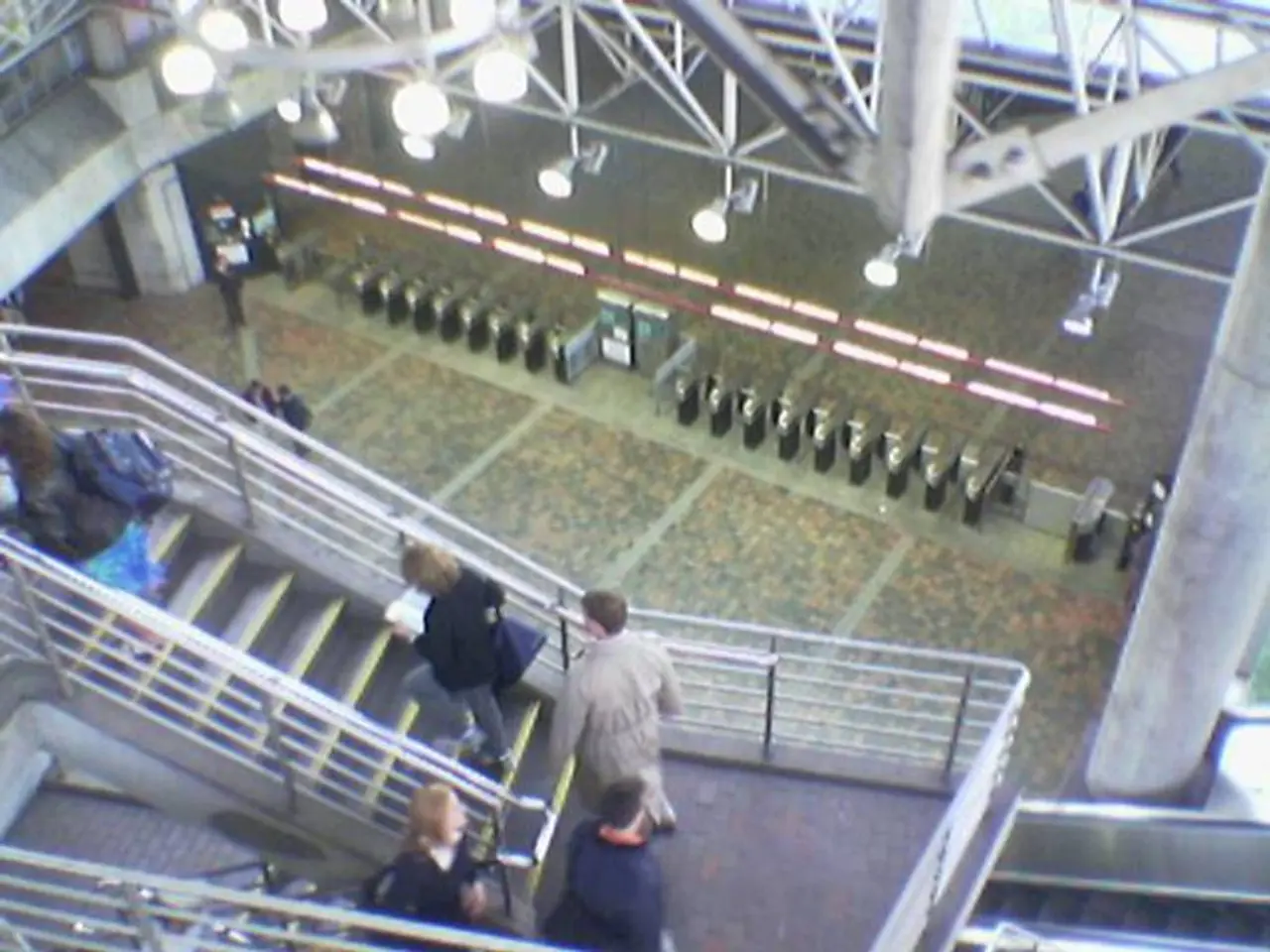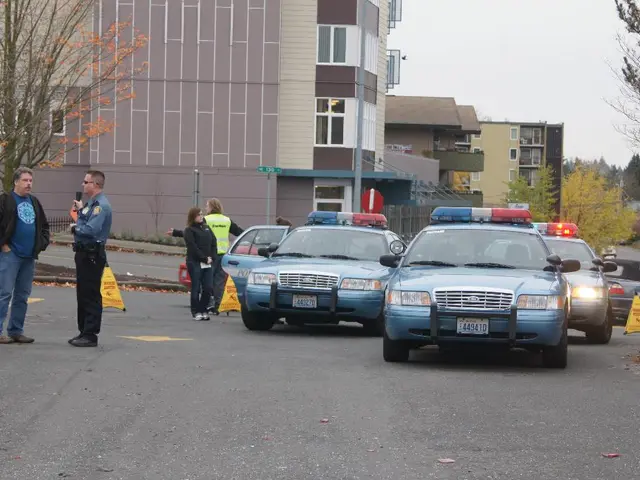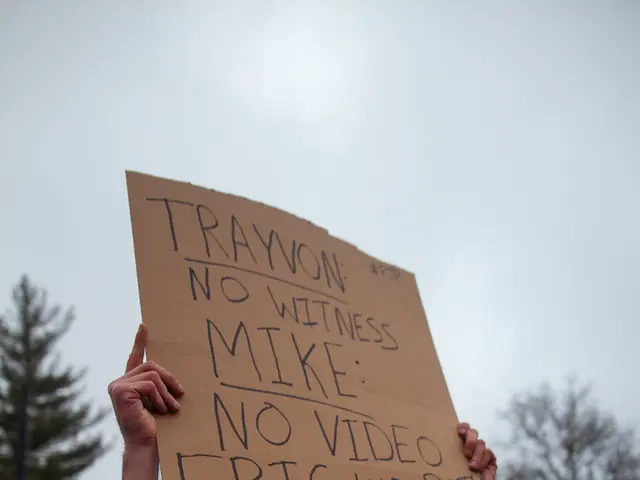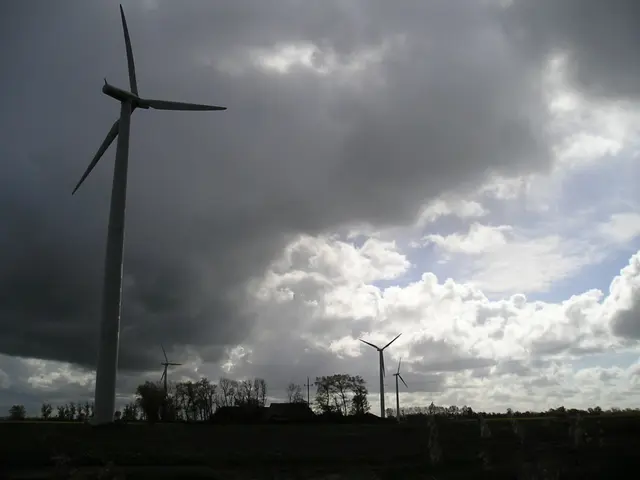What happened on November 8? - November 8: The Day That Changed History With Elections and Discoveries
November 8 has seen several significant events throughout history. It marked the election of Liberia's first female president, Ellen Johnson Sirleaf, in 2005. Meanwhile, in 1995, Lower Saxony became the first German state to grant voting rights to 16- and 17-year-olds in local elections. The same day in 1960 witnessed the election of John F. Kennedy as the 35th U.S. president. Fast forward to 2020, Berlin's historic Tegel Airport closed after over seven decades of service. On a scientific note, November 8, 1895, saw the discovery of X-rays by Wilhelm Conrad Röntgen.
Ellen Johnson Sirleaf's election in 2005 was a milestone for African democracy. She took office in January 2006, following a civil war that ended in 2003. Sirleaf's victory came after a runoff election against George Weah, who later served as president from 2018 to 2023.
In Germany, Lower Saxony's decision to lower the voting age in 1995 was a step towards greater youth involvement in politics. The move was part of a broader trend in Europe to engage young people in democratic processes.
John F. Kennedy's election in 1960 was a historic moment for the United States. He became the youngest person elected to the presidency, defeating Richard Nixon in a close race. Kennedy's term, from 1961 to 1963, was marked by significant events like the Cuban Missile Crisis and the early stages of the Civil Rights Movement.
The closure of Berlin's Tegel Airport in 2020 marked the end of an era. The airport, which opened in 1948, was a symbol of the city's post-World War II reconstruction and division. Its final departure was operated by Air France.
Röntgen's discovery of X-rays in 1895 revolutionized medicine and earned him the first Nobel Prize in Physics in 1901. He named the phenomenon 'X-rays' because their nature was unknown.
From political milestones to scientific breakthroughs, November 8 has been a significant date in history. It has seen the election of pioneering leaders, the expansion of democratic rights, the closure of iconic landmarks, and the discovery of life-changing phenomena. These events continue to shape our world and remind us of the power of progress.








